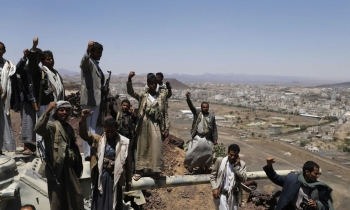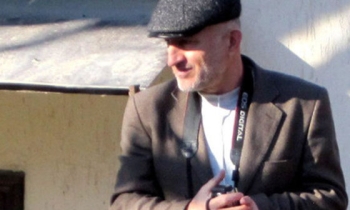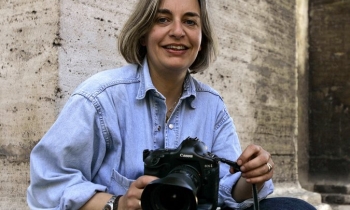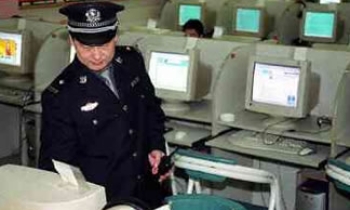PARIS — A media competition for minds and market share in the Middle East is evolving as a crowd of Western news organizations prepares to deliver headlines — and geopolitical views — in the language of the Koran.
Backed by government financing, Germany's public international broadcaster, Deutsche Welle, is poised to beam as much as 24 hours of daily news programming in Arabic this autumn. France's yet-to-be-named CNN-style channel is in development for a year-end opening, along with a Web site in Arabic and later in 2007 an Arabic television version. And the state-owned Russia Today has similar plans for an Arabic Web site and television presence.
From the United States, CNN is watching the development of its Arabic Web site, which attracts more than 300,000 unique visitors monthly, before it decides whether to pursue television plans.
"I'm losing track," said Jerry Timmins, head of the BBC World Service's operations in Africa and the Middle East. "There's pretty much of an announcement a week."
The BBC World Service itself is also in the fray, with £19 million, or $35 million, from the British government for an autumn introduction of an Arabic news broadcast, starting with 12 hours of daily programming and expanding to 24 hours.
The headlong rush of these national news organizations reflects the view that conflicts can be influenced by story-telling and information as well as by missiles and pinstriped diplomats.
But a debate is beginning about whether these foreign broadcasts will create understanding or lead to more conflict.
The potential risks were apparent last week when about 500 Iraqi followers of a radical Shiite cleric attacked the Iranian consulate in Basra in anger over talk show commentary on Al Kawthar, an Iranian satellite television channel that broadcasts in Arabic.
For countries like Denmark and Spain, where Arabic news efforts are beginning, the benefits may well outweigh the hazards. Both nations have confronted geopolitical tensions, with the terrorist bombings in Madrid in March 2004 and the furor over the publication last year of cartoon caricatures of the Prophet Muhammad in a Danish newspaper.
In late March, the state-owned Spanish news agency EFE started an Arabic service with financing from the Foreign Affairs Ministry. The service offers information to newspaper and media outlets and an Arabic Web site that eventually will be available in part for free to general readers.
"We want to be a piece of the big puzzle and try to offer a bridge between civilizations," said Javier Martin, head of EFE's Arabic services. With a newly hired staff of 14 Arabic editors and translators in Cairo, the news agency is concentrating on reaching African media outlets in some of the countries closest to Spain: Tunisia, Mauritania and Morocco, the latter being the home country of several terrorists involved in the Madrid bombings.
In Denmark, the anti-immigration Danish People's Party is proposing to set up what it calls an Arab version of Radio Free Europe through the national public broadcaster, Danmarks Radio. They aim to set aside 25 million kroner, or $4.2 million, to transmit radio and television programming to Arabic-speaking countries, using a 100-million kroner fund set up in 2003 by an initiative called the "Danish as an Arab."
"It has not been approved yet, but eventually it looks like it's possible," said Soren Espersen, the Danish People's Party's foreign policy spokesman. "We feel that there is a lack of democracy in Arab countries, and that was the reason for the crisis with the cartoons. It's important that they get discussions about democracy."
Deutsche Welle, which last year introduced its Arabic-language service with Arabic anchors, intends to expand the same general format with a mixture of news, features and documentaries exploring issues from health care to politics, said Klaus-Dieter Seelig, head of its department of foreign language services.
All the new competition does not seem to faze Al Jazeera, which is preparing to spin off an international English version, the start of which has been delayed three times because of technical reasons involving the linkup of its four international news centers.
For the newcomers, the keys to success are credibility and performance, many Arab media experts say. Already, more than 200 free television channels cover the Arab region on the satellites Arabsat and Nilesat, with 10 percent devoted to news, said Judeh Siwady, a media analyst with Arab Advisers Group, based in Amman.
That includes the American-backed station Al Hurra, which, according to the Arab Advisers surveys, lags far behind the news leaders, the Qatar-based Al Jazeera and the Saudi station Al Arabiya. In a poll last month by the BBC and Reuters of more than 10,000 adults in 10 countries, 59 percent of Egyptians ranked Al Jazeera as their most trusted news source.









